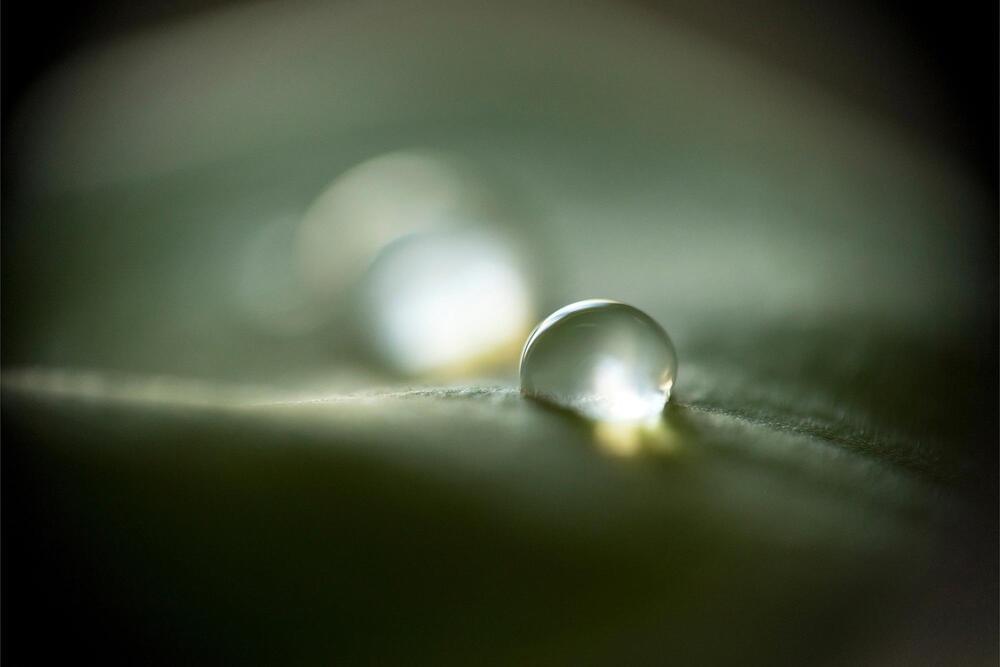A recent study suggests that by the Neoproterozoic period, distinct lineages of amoebae, as well as the ancestors of plants, algae, and animals, had already emerged and managed to survive the two global glaciations that covered the planet.
Approximately 800 million years ago (mya), long before the formation of the supercontinent Pangea, Earth’s biodiversity was more varied than previously thought. Brazilian researchers, through the reconstruction of the evolutionary tree of life from ancient amoebas and the ancestors of algae, fungi, plants, and animals, have proposed a scenario where multiple distinct lineages of species coexisted during this era. Their findings are detailed in an article published in the Proceedings of the National Academy of Sciences of the United States of America (PNAS).
According to the literature, several lineages of eukaryotes that first emerged 1.5 billion years ago diversified and established themselves during the Neoproterozoic oxygenation event (850−540 mya), when oxygen levels in the atmosphere and oceans rose significantly owing to changes in the planet’s geochemistry.
